Can You Still Make Money from a Website in 2025? Absolutely – Here’s 8 Smart Ways
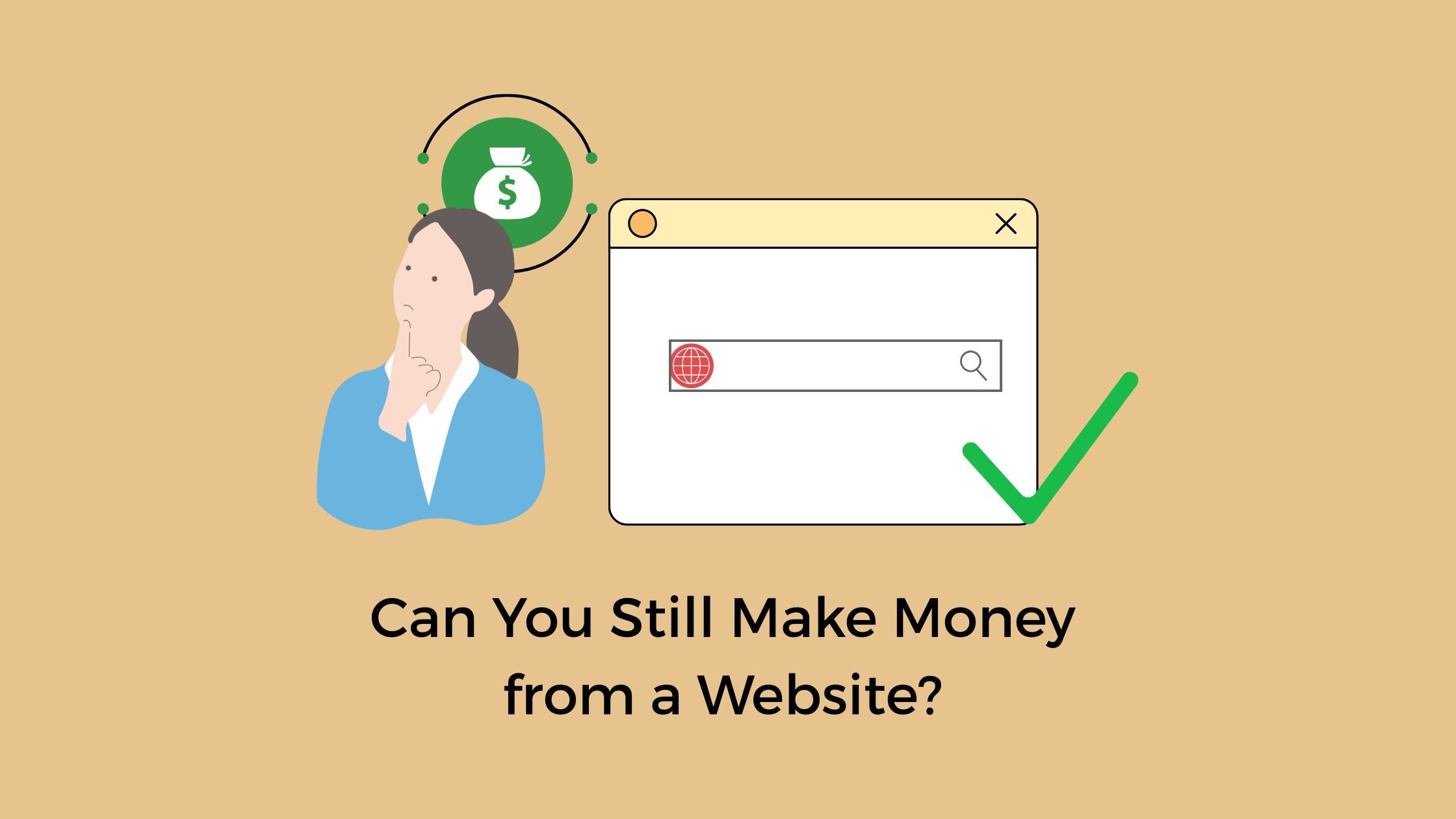
If you’ve ever wondered if people still make money from a website in 2025, the answer is a resounding yes. While the online world has certainly evolved, the great news is that websites remain an incredibly powerful tool for generating income – whether you’re looking for a simple side hustle or aiming for full-time revenue.
Even better, building a website today is easier than ever. With tons of user-friendly tools, platforms, and resources available, you don’t need to be a tech wizard to get started. Check out our variety of popular no-code website building tutorials, perfect for beginners, right here on our site by clicking here:
🛠️ Find the suitable method to start your website ➞
Whether you want to blog about your favorite hobbies, sell handmade products, or share your knowledge through tutorials, a website gives you a space that’s entirely your own. And the opportunities to earn? They’re very real, and in fact, they’re still growing.
✻ This page may contains external affiliate links that we might receive a commission if you choose to purchase mentioned product or service, without any extra cost to you. We only recommend products or services we believe will add value to the readers.
Why Websites Still Matter in 2025
The internet moves at lightning speed. These days, it feels like everyone’s glued to mobile apps, and AI is popping up everywhere, from chatbots to automatically generated content. With so much happening, you might understandably ask: do websites still have a place?
The answer is a definite yes, and actually, they’re more important than ever. Here’s why:
- Your Digital Home: Even businesses with their own apps still rely on their websites. It’s where people go to really understand what you do, dive into your content, or make a purchase. Think of it as your digital home – it’s always there, always accessible, and truly yours.
- Central Hub for Information and Trust: Websites serve as a foundational platform to share crucial information, attract customers, and build trust. It’s your official online presence.
- The Landing Spot for AI Content: What about all that AI-generated content we’re seeing? It usually gets shared, found, and read right on websites. Whether it’s a blog post, a product page, or a helpful guide, it often lives on a website and gets discovered through search engines, social media, or email newsletters.
- Future-Proofing Your Presence: No matter how fast technology moves, having a website is still one of the smartest ways to establish your presence online and start earning from your ideas. It’s a stable anchor in a fast-changing digital world.
Now that we’ve established why websites are such a strong foundation in today’s digital world, let’s explore some of the most practical and beginner-friendly ways you can make money from yours.
1. Display Ads: The Easiest Way to Get Started
One of the most beginner-friendly ways to make money is by placing ads on your site. You earn income every time someone views or clicks an ad. While it won’t make you rich overnight, it’s passive and consistent, especially as your traffic grows.
Popular ad platforms to try:
- Google AdSense: The classic, easy to integrate, ideal for new websites.
- Infolinks: Great for monetizing niche sites and international traffic.
- Adsterra: An international ad network based in Cyprus, known for competitive rates and strong presence in Russian-speaking and European markets.
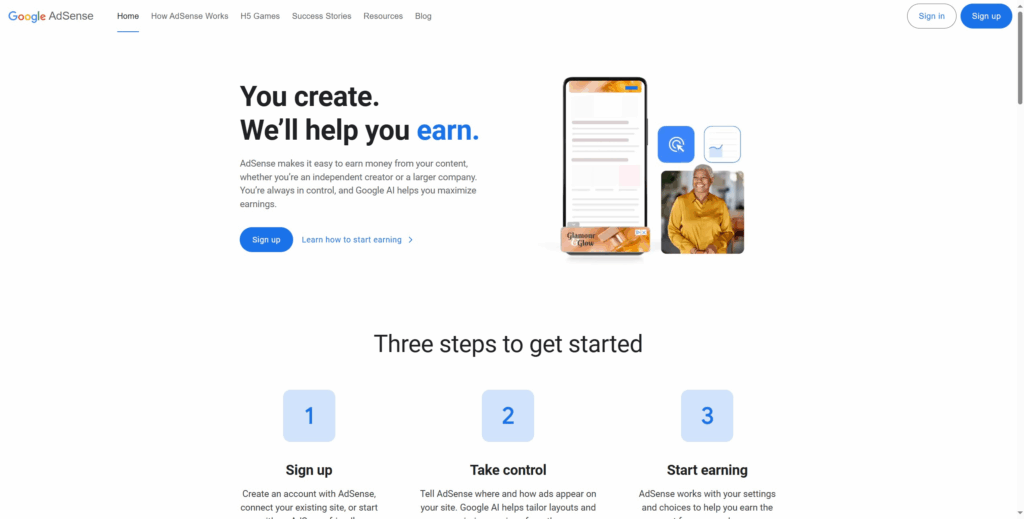
💡 Tip: Most ad platforms require your website to have a certain amount of traffic before you can join, but don’t worry, the bar isn’t very high. As long as you focus on creating valuable, helpful content, you’ll likely meet Google AdSense’s requirements sooner than you think. Quality content attracts visitors, and visitors bring ad revenue.
2. Affiliate Marketing: Recommend and Earn
Affiliate marketing is a favorite among bloggers and content creators. The idea is simple: you recommend a product or service, and earn a commission when someone makes a purchase through your unique referral link.
It works especially well when you create helpful content that guides readers toward a decision, think product reviews, “top 10” lists, or detailed how-to guides.
Affiliate networks worth joining:
- Amazon Associates: Huge product selection and great for beginners, though commission rates are lower than some alternatives.
- Impact: One of the fastest-growing affiliate networks in recent years. Many big-name brands have moved over to Impact, making it a versatile platform where you can find products in nearly any category, from fashion to finance to SaaS.
- Awin / ShareASale: ShareASale has now been fully acquired by Awin. Starting in 2025, affiliate programs will gradually migrate under the Awin umbrella. Awin itself has long been one of Europe’s largest affiliate networks, and with ShareASale joining forces, it’s becoming a serious competitor to Impact globally.
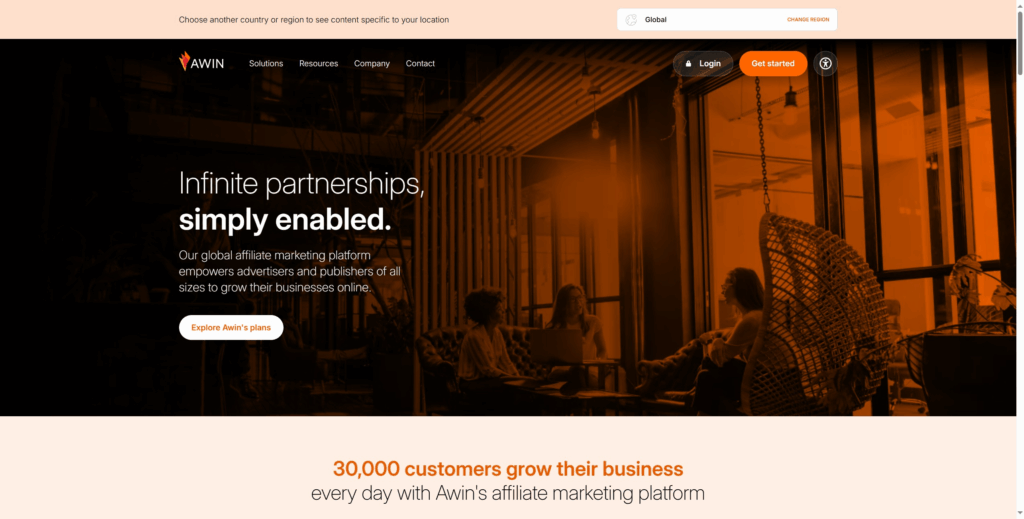
💡 Tip: Be honest and transparent in your reviews. Readers can sense when a recommendation is genuine, and that trust often leads to more clicks and conversions.
👉 Want more options? Check out our list of 10 Recommended Affiliate Networks and Marketplaces to find the ones that best suit your niche.
3. Sell Digital Products: Create Once, Sell Forever
If you have valuable knowledge or a creative spark, selling digital products is one of the most rewarding ways to earn online. These products don’t require shipping or inventory, and once you’ve made them, they can be sold again and again, even while you sleep.
Whether you’re a writer, designer, coach, or just someone who loves sharing useful content, there’s likely something you can turn into a digital product. And thanks to modern tools, setting up your own online store is easier than ever with no coding needed.
Ideas for digital products:
- eBooks or guides (travel, wellness, productivity, finance)
- Printables (planners, checklists, habit trackers, journals)
- Online courses or pre-recorded workshops
- Canva or Lightroom templates, social media kits, design assets
Website Platforms that support digital product sales:
- WordPress + WooCommerce: Great if you’re already on WordPress and want full control.
- WordPress + Easy Digital Downloads: Lightweight and perfect for digital-only shops.
- Shopify: A powerful e-commerce platform that handles both physical and digital products seamlessly.
- Ecwid: Simple and beginner-friendly, and can be embedded into any existing site.
👉 Want to learn how to create your own e-commerce website ➞
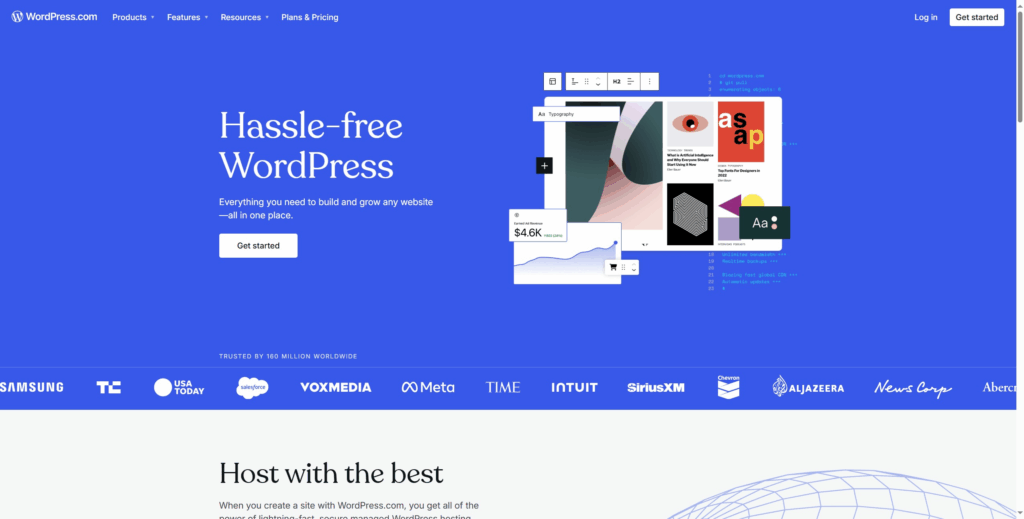
💡 Tip: Think about your audience’s needs. What problem can you help them solve, or what skill can you help them build? The more useful your product, the more likely it is to sell, again and again.
4. Sell Physical Products: Start Your Own Shop
Thanks to platforms like Shopify and WooCommerce, selling physical products on your website is easier than ever. You don’t need a warehouse or big investment to get started. Whether you’re making handmade candles or dropshipping niche gadgets, your website can become your storefront.
Selling physical products is especially great for creatives, small business owners, and anyone with a passion for a specific niche. From personal branding to home crafts, there’s a buyer out there for almost everything.
You can sell things like:
- Handmade goods (candles, art, pottery, jewelry)
- Branded merchandise (custom T-shirts, mugs, tote bags)
- Curated or niche items (eco-friendly tools, pet accessories, wellness kits)
- Dropshipping products (no need to stock or ship yourself)
Website platforms that support product sales:
- Shopify: A powerful, all-in-one eCommerce platform — great for beginners and scaling up.
- WordPress + WooCommerce: Ideal for those who prefer flexibility and already use WordPress.
- PrestaShop: Open-source and feature-rich, great for more technical users.
- Jimdo: Easy to use and good for small shops or beginners.
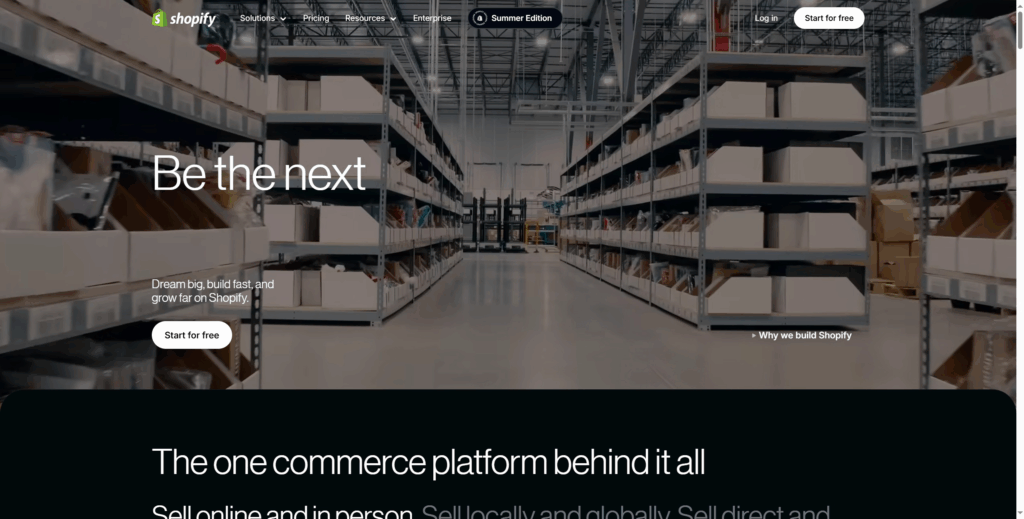
💡 Tip: Focus on niche products with a clear audience. It’s much easier to stand out and attract loyal customers when your store serves a specific group or solves a unique need.
5. Teach or Offer Services: Turn Your Skills into Income
One of the most rewarding ways to make money from a website is by sharing what you know — either by working directly with clients or teaching many people through online content.
If you enjoy working one-on-one, you can offer personal services. If you prefer creating content once and letting it work for you over time, online education is a great path.
Services You Can Offer:
- Freelance design, writing, or translation
- SEO help or website setup assistance
- Virtual coaching in fitness, wellness, or business
- Personalized tutoring or consulting
💡 Create a “Work With Me” page on your site. Keep it clear and friendly, with service details and easy ways to get in touch.
Online Teaching Ideas:
- WordPress setup or basic SEO
- Digital art, animation, or video editing
- Writing, blogging, or social media skills
- Productivity or design tools (like Notion or Canva)
Tools to Help You Teach Online:
- Preply / Teachable / Podia – all-in-one platforms for full courses
- Your WordPress site + LearnDash (WordPress Plugin): If you already have a WordPress website, LearnDash is a very powerful Learning Management System (LMS) plugin that allows you to create and sell courses directly on your own site. It offers a high degree of customization but requires some technical knowledge for setup and maintenance.
- YouTube + affiliate links or premium downloads – ideal for free content that builds your audience
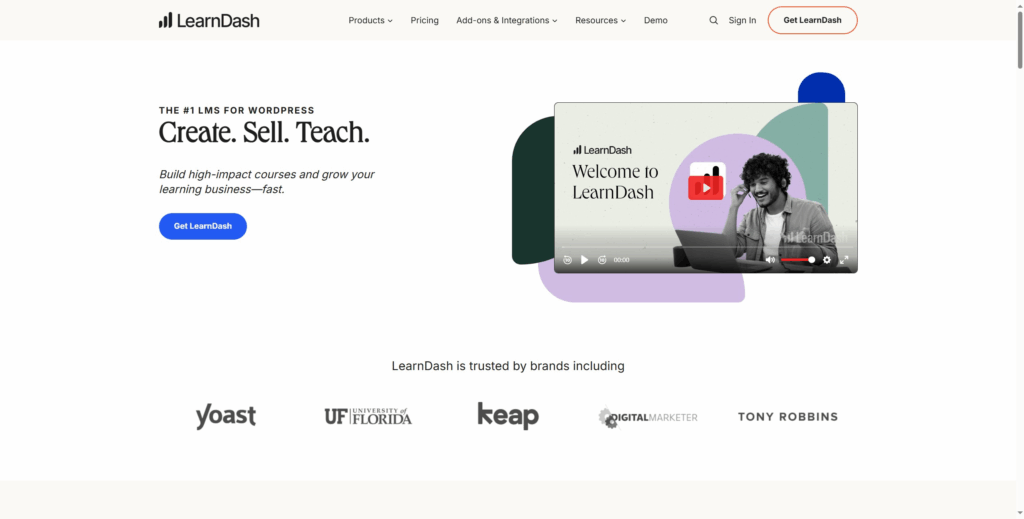
💡 Each tutorial should focus on solving one real problem. Simple, bite-sized lessons are easier to create, and easier for your audience to follow.
6. Resell Services or Tools (as a Partner)
If you don’t have your own product or service to sell, you can still build a business by reselling tools created by others. Many software companies — especially those offering SaaS (Software as a Service) — have partner or reseller programs. This lets you promote their tools under your own brand or offer them as part of a package to your audience or clients.
Example programs:
- Web hosting reseller (like Bluehost or Cloudways)
- VPN reseller programs (NameCheap VPN, NordVPN)
- SaaS tools with affiliate tiers (email marketing, CRM, design apps)
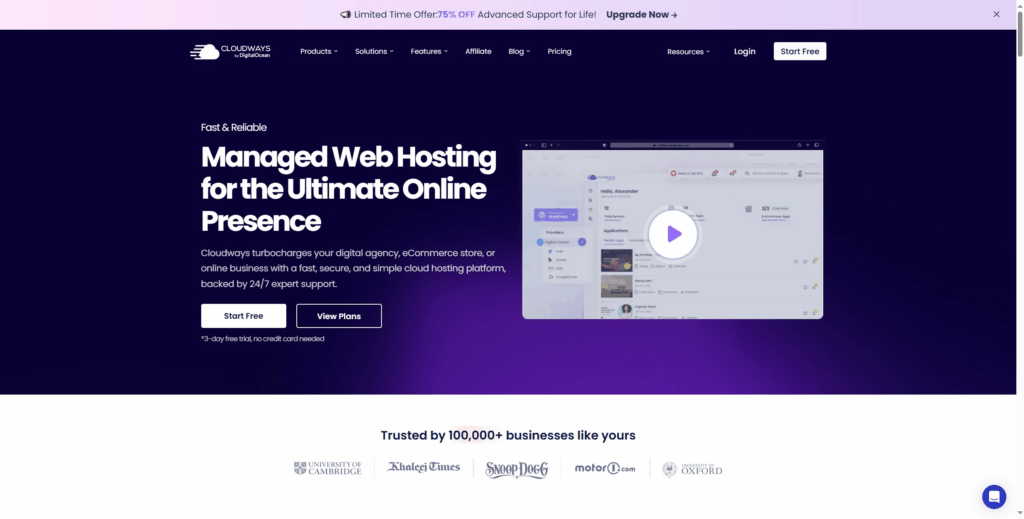
💡 Tip: Offer a value-added service, like helping people set up the tool you resell.
7. Teach Locally or In-Person: Reach Learners Near You
Not everything has to be online. Your website can also help you connect with local learners for hands-on or in-person teaching. If you’re good at something practical or creative, like gardening, crafting, or language teaching, you can turn that skill into a small business.
Great offline teaching ideas:
- Flower arranging or home gardening workshops
- Handmade crafts, pottery, or DIY decor classes
- In-person language or music lessons
- Cooking classes or healthy meal prep demos
How your website can help:
- Showcase class details, schedules, and sign-up forms
- Share student testimonials or photos from past sessions
- Accept bookings and payments online with tools like Calendly, Ecwid, or WooCommerce
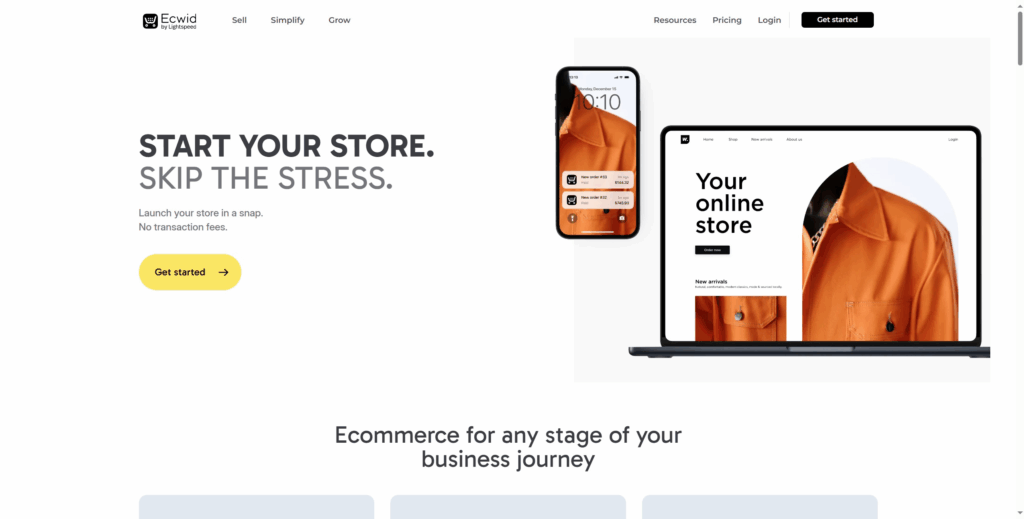
💡 Tip: Keep your website updated with upcoming sessions. Local SEO (like using your city name in content) helps people nearby find you.
8. Create Premium Content: Build a Membership or Subscription
Got a loyal audience that loves your content? Why not give them an exclusive way to support you and unlock extra perks? Offering premium content is an excellent strategy. This could include exclusive articles, unique templates, members-only videos, or even access to a private community. It’s like building a VIP section on your website, providing your biggest fans with more of what they love while securing a more consistent income stream for yourself.
Tools to help:
- Patreon: A favorite for creators.
- Buy Me a Coffee: Perfect for one-time or recurring donations.
- MemberPress: A robust WordPress plugin for managing memberships.
💡 Tip: Consistently provide high value so your members always feel they’re getting true VIP access.
In fact, there are even more creative ways to earn now. You can share helpful free content and simply invite people to support your work through donations. It may not make you rich, but it’s a meaningful and valid way to monetize your effort — especially when you’re just starting out.
Final Thoughts: Is It Too Late to Start a Website?
Absolutely not. The online world is competitive, yes, but it’s also full of opportunity. The key isn’t just to be online; it’s to focus on solving real problems, staying authentic in your approach, and building trust with your audience, one step at a time.
You don’t need millions of pageviews or a huge email list to begin. Start small, stay consistent, and treat your website like a long-term asset. Every piece of content you publish, every product you launch, and every connection you make adds value, and opens new doors.
Even though organic search traffic might not dominate like it once did, it’s still a strong source of discovery. And with today’s tools, you can use social media platforms, across multiple accounts, to drive people back to your site. Done right, this creates a personal traffic ecosystem that builds momentum over time and strengthens your online income.
If you haven’t started yet, maybe today’s the day. Your ideas matter, and the digital world is still very much open to them.






